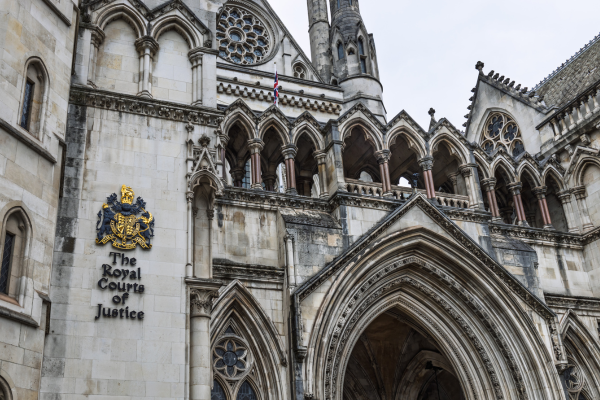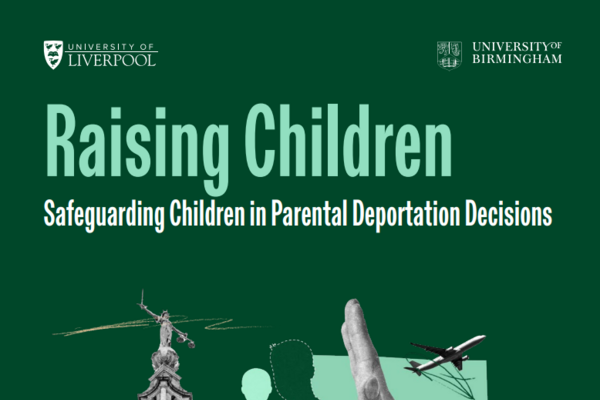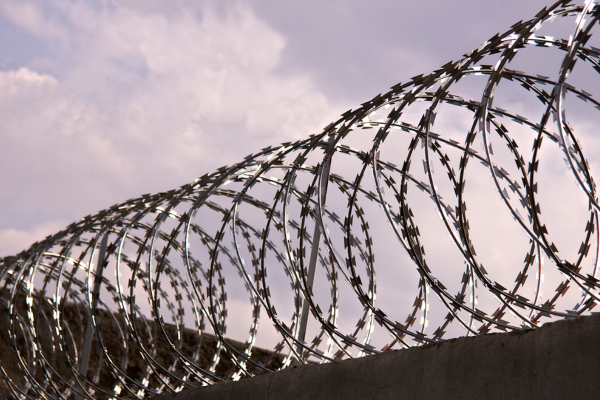BID’s Autumn Legal Advice Survey, published today, has found that Levels of representation in immigration detention are the lowest they have been since BID started monitoring fifteen years ago.
The 23rd report by BID into levels of legal representation in immigration detention in the UK found:
- Just 38% of survey respondents had legal representation.
- Only 28% of respondents had a legal aid-funded lawyer, leaving most people unable to challenge their detention and possible permanent separation from their communities and lives in the UK.
That immigration legal aid is in crisis across the country, and that the Detained Duty Advice scheme is in urgent need of fixing.
People in detention are facing more barriers than ever in accessing justice, with levels of representation at a strikingly low point.
64% of participant respondents were not represented at all, with 30% of those people giving financial reasons despite the ostensible availability of free legal advice in detention through the Detained Duty Advice Scheme.
This scheme is broken: our report demonstrates multiple failings from lack of capacity and poor communication, to low quality advice. Those who had appointments were left uncertain about whether they were represented or not, with only 26% of people being taken on after speaking to DDAS lawyers. Only one person in the entire survey group received any form of written advice from an advisor on the duty scheme.
Despite additional funding for cases being available through Exceptional Case Funding, only one person was informed of the existence of this funding and no applications were made by lawyers.
BID believes that no one should be detained for immigration purposes. However, while detention continues to exist, we have made a number of vital recommendations in the report to address the urgent lack of representation.
Ines Graca, BID’s Head of Legal Services, says:
“No one should be deprived of their liberty and denied access to justice because they cannot afford a lawyer. The fact that representation levels in immigration detention are at their lowest ever level since we started monitoring should be an urgent call to action for the Ministry of Justice and the Home Office. Without such action, we are concerned that people’s fundamental rights to challenge their deprivation of liberty are being breached.”









